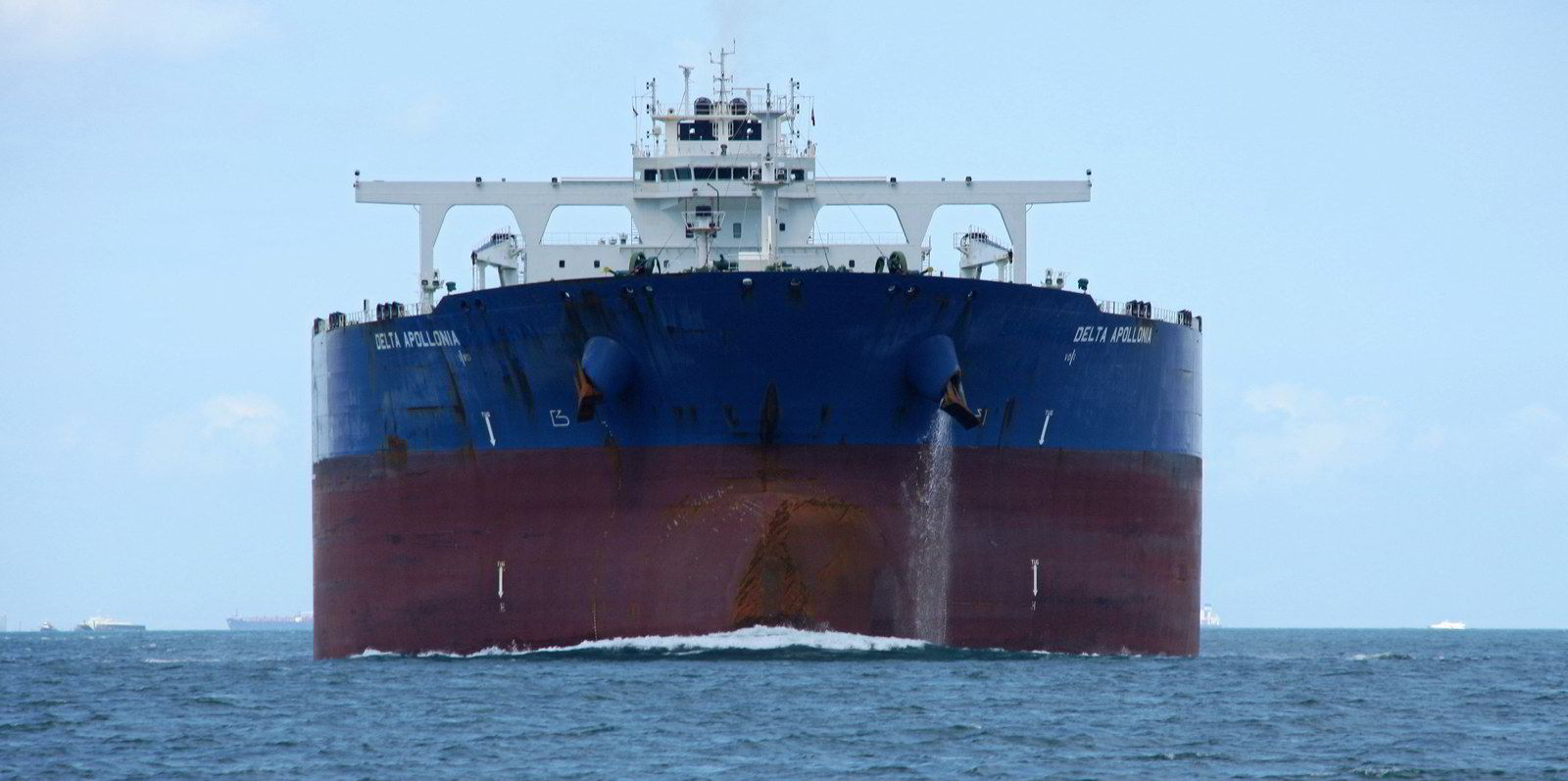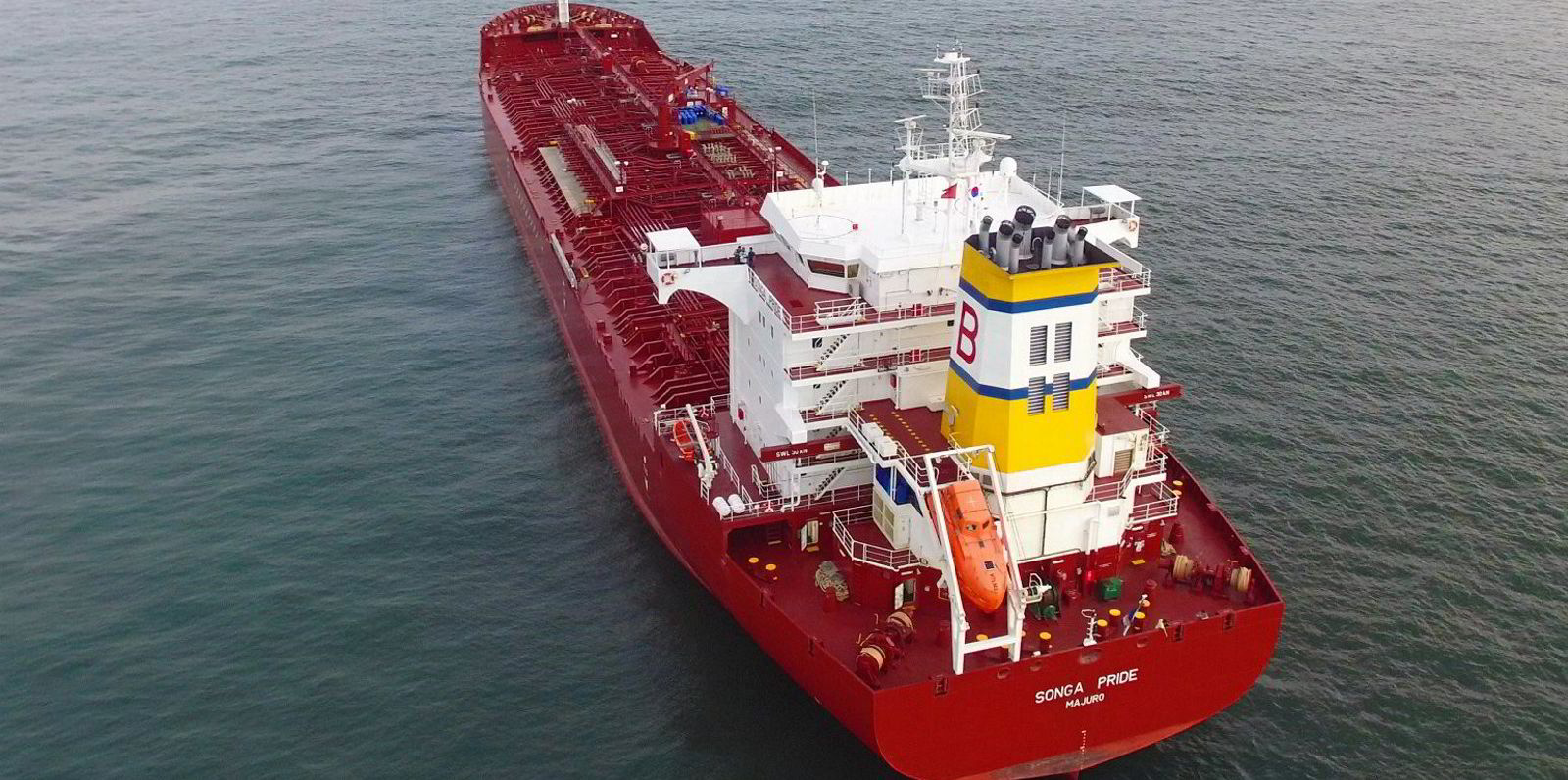A row over "outstanding bills" between a Norwegian scrubber provider and a major Greek shipowner has led to the arrest of a VLCC in Singapore.
Clean Marine, a maker of exhaust gas cleaning systems, moved against the 319,700-dwt Delta Apollonia (built 2015), a vessel owned by Athens-based Delta Tankers.
Lysaker-based Clean Marine confirmed in an email it had arrested the ship "on grounds of long outstanding bills".
Contacted by TradeWinds, Delta Tankers said it would move swiftly to have the vessel released.
The action taken by Clean Marine and its subsidiary FMSI to recoup an amount of less than $500,000 was "unwise", Delta managers said in an email.
"The owners vigorously dispute that claim and will robustly pursue a counterclaim for the far more substantial losses that they have suffered at the hands of FMSI/Clean Marine," they added.
The Greek company insists that FMSI supplied "defectively made" scrubber towers to more than 20 vessels managed by Delta Tankers and Marmaras Navigation, an affiliated bulker outfit.
According to Delta, fires erupted during the commissioning and installation of scrubbers on the Delta Apollonia, as well as on the 179,400-dwt capesize Korona D (built 2011) and the 82,000-dwt kamsarmax Agia Sofia (built 2016).
The incidents, which took place between April 2019 and February 2020, caused "extensive fire damage" that cost the company $6m in damages, Delta said.
Asked to comment on Delta's arguments, Clean Marine said that it had "not seen any claim as referred to" and that it also did not see "any reasons" for such a claim to be put forward.
Delta attributes the reported fires to FMSI scrubber tower parts made from fibre-reinforced plastic rather than from steel alloy.
"On no less than three occasions the parts made from plastic melted and caught fire when exposed to heat during the installation and commissioning of the scrubber towers," Delta said.
According to Delta, it was only after the third incident on the Korona D that Clean Marine replaced the plastic material with parts made from steel alloy, agreeing to do so at no cost to the owners.
Shipowners across the world have spent hundred of millions of dollars over the past few years to equip their vessels with scrubbers as a short-term solution to comply with upcoming environmental regulations, while hoping to benefit financially from the continued use of high-sulphur fuel.






